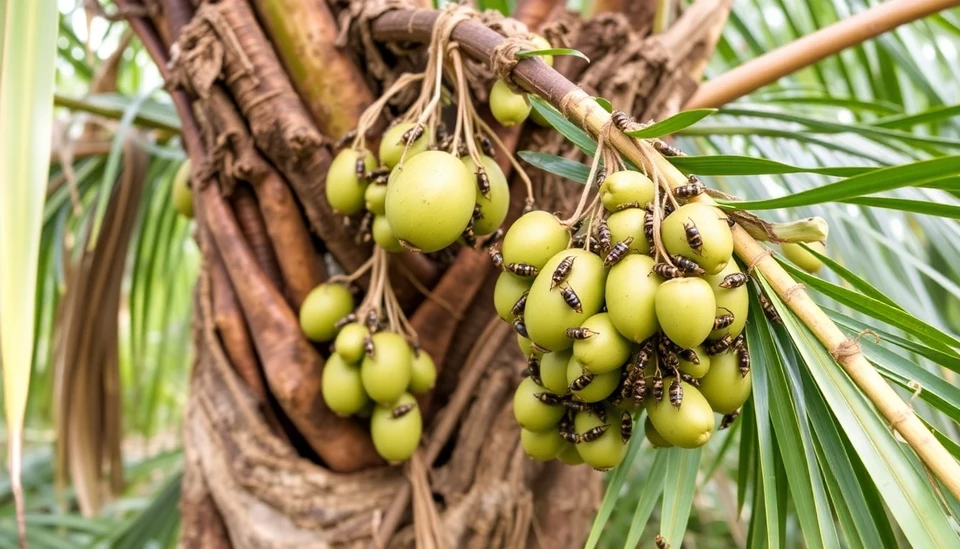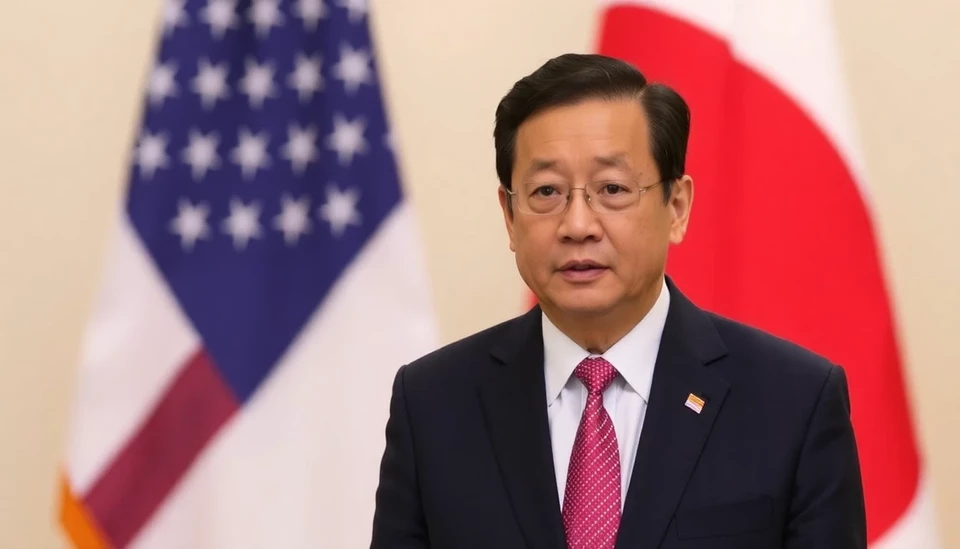
In a bold move to enhance its palm oil output, Indonesia is set to deploy a staggering one million African weevils, a revolutionary biological control method aimed at combating pest issues that plague oil palm plantations. This decision reflects the country's commitment to increasing agricultural productivity while addressing ecological concerns.
The integration of these weevils symbolizes Indonesia’s shift towards sustainable agriculture practices. These insects were selected for their efficacy in managing the rhinoceros beetle, a notorious pest that has been causing significant damage to oil palm crops. Previously, farmers have relied heavily on chemical pesticides to handle such infestations; however, the repercussions of these methods have raised environmental alarm bells, prompting a search for eco-friendly alternatives.
According to the Indonesian Ministry of Agriculture, the introduction of the African weevil is expected to bolster yields by creating a natural balance in the ecosystem of palm plantations. With the immense pressure of global demand for palm oil, Indonesia, as the world's largest palm oil producer, is under continuous scrutiny regarding sustainability and environmental impacts. The deployment of weevils not only aims to increase efficiency within plantations but also represents a vital step towards greener agricultural practices.
Local farmers have expressed cautious optimism regarding the initiative. Many are eager to see the positive effects of this biological pest control mechanism firsthand. Field tests conducted prior to the large-scale release have shown promising results, indicating that the weevils can effectively reduce the population of the rhinoceros beetle without causing harm to the oil palms themselves.
This strategic plan aligns with Indonesia's broader agricultural framework, which is focused on minimizing chemical usage and enhancing the livelihoods of farmers through improved crop health and productivity. The government is also keen on preserving the country's rich biodiversity, which has been adversely affected by conventional farming techniques.
Experts in agricultural science emphasize the importance of integrated pest management strategies like this one. By introducing natural predators, farm ecosystems can thrive, leading to more resilient agricultural practices. As Indonesia ventures into this pioneering method, the results could serve as a blueprint for other nations grappling with similar agricultural challenges.
In a global context, this initiative highlights a growing recognition of the need for sustainable farming practices. Countries dependent on agriculture are increasingly seeking innovative solutions to address pest problems while conserving ecosystems. The successful implementation of the African weevils in Indonesia could inspire a ripple effect across other regions facing pest-induced challenges in crop yields.
As the world watches Indonesia’s approach to ecological agricultural management, the expectation is set high for both improved palm oil production and a sustainable model that may be copied around the globe. This balancing act between meeting global demands and maintaining environmental integrity is paramount for the future of agriculture.
The Indonesian government remains hopeful that the introduction of the weevils will mark a significant turning point in palm oil production, one that prioritizes ecological health while meeting the needs of a hungry market. As the program kicks off, all eyes will be on the results, waiting to see if this innovative method will help achieve the dual goals of boosting productivity and enhancing sustainability.
#Indonesia #PalmOil #Sustainability #Agriculture #Weevils #EcoFriendly #BiologicalControl
Author: Victoria Adams




